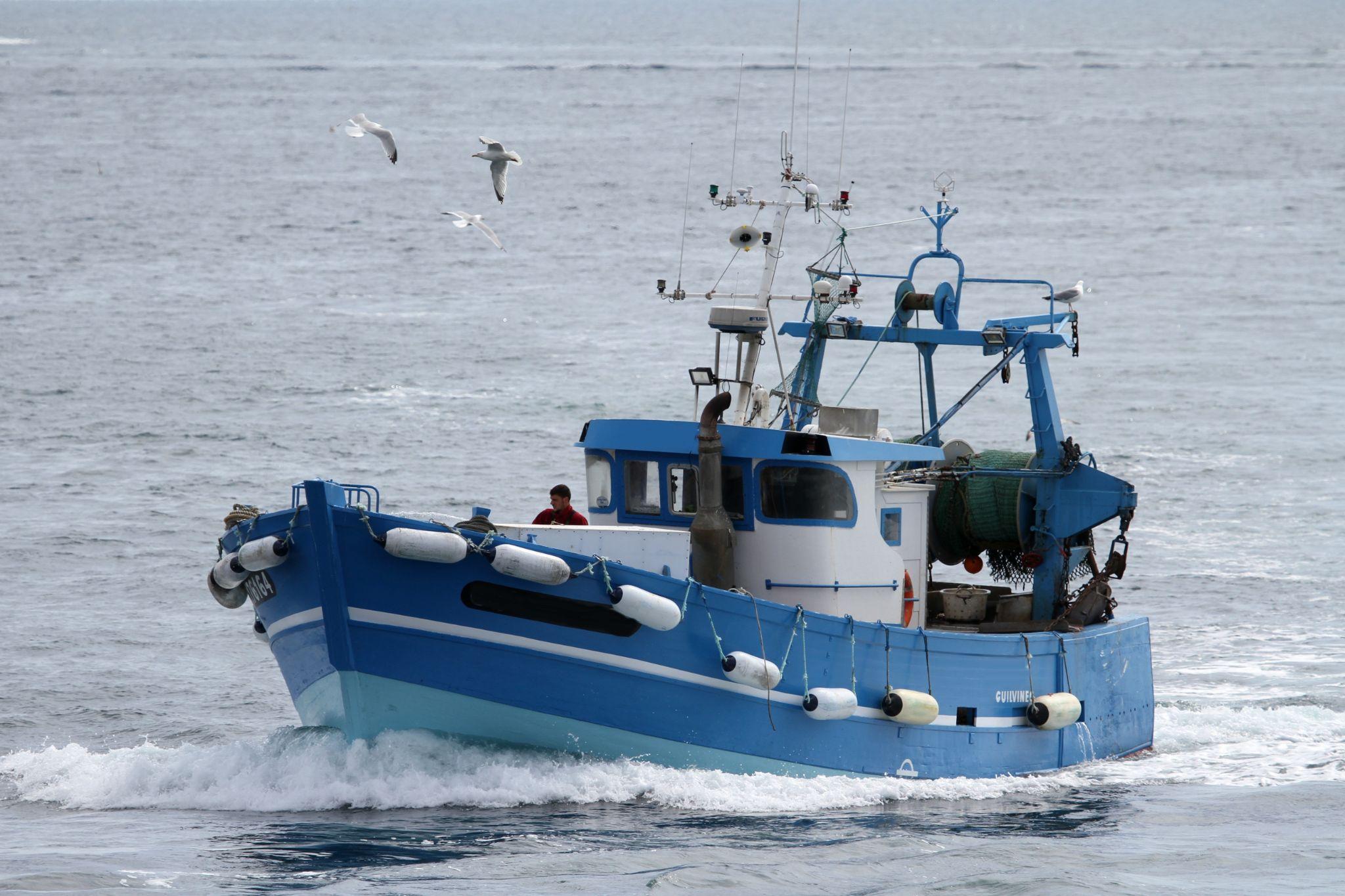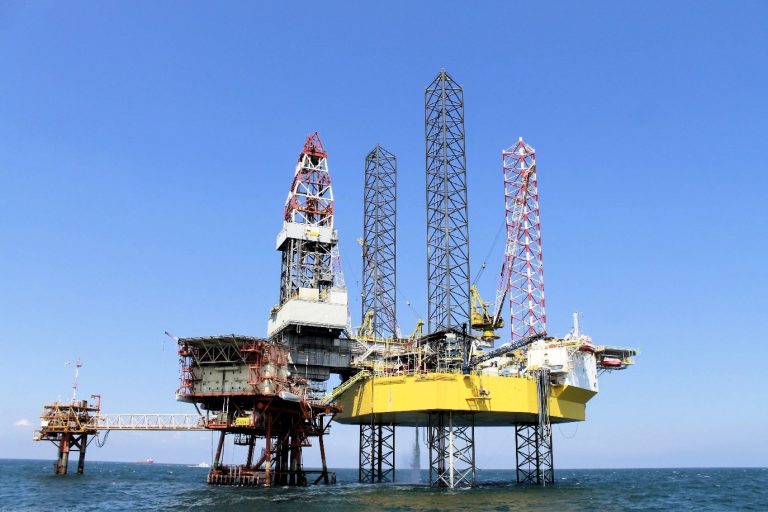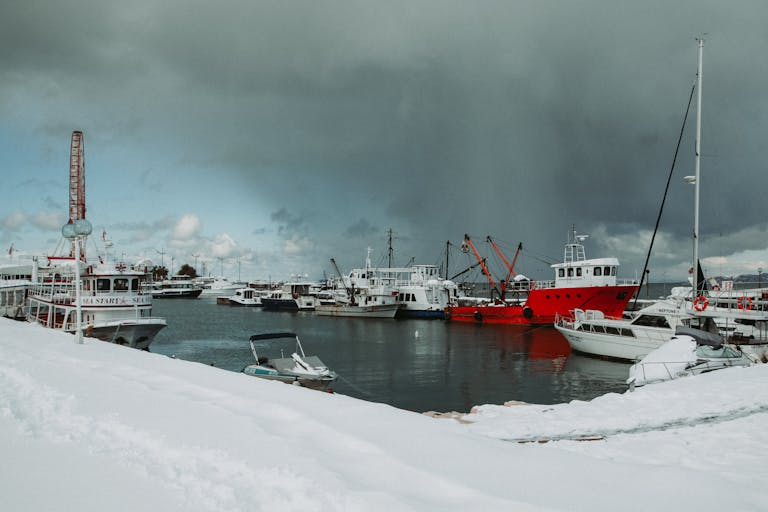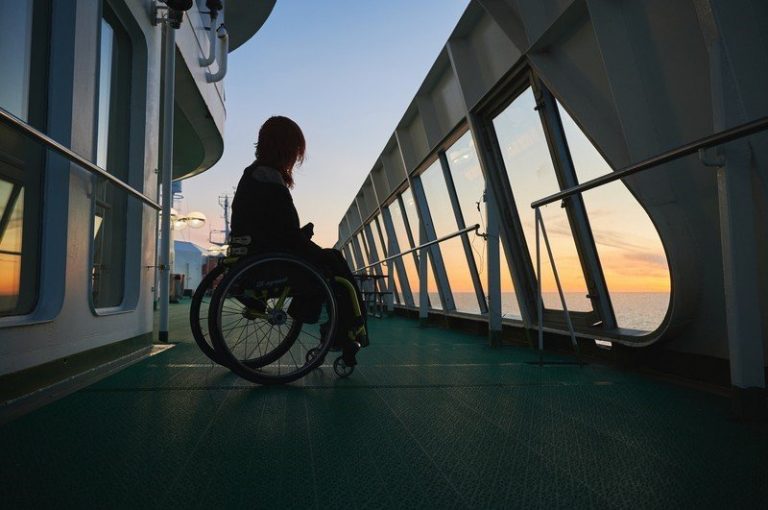Maritime workers employed on fishing trawlers have a much higher mortality rate than all other workers in the U.S. Part of the reason for this is the heavy equipment used on fishing trawlers, including trawl winches, which can cause serious and often fatal injuries. We detail potential risks, common injuries, and more involving maritime industry work on fishing trawlers.
Potential Risks for Injury on Fishing Trawlers
Maritime workers on fishing trawlers face a wide range of risks that can lead to serious injury. Storms causing rough seas can lead to overboard falls, and cold weather only amplifies the risk of fatality from going overboard. Most trawler workers also live in cramped conditions right alongside dangerous and heavy equipment of all kinds.
All equipment present on trawlers must receive proper maintenance and repair in order to reduce injury risk. Unfortunately, maintenance and repair is not enough to prevent serious injury; the maritime worker must know how to use the equipment properly and endeavor to make no mistakes while using it.
Common Maritime Injuries Associated with Operating Winches
The fishing trawler winch controls the fishing lines and nets on a vessel. Often weighing in at several tons, this single motorized piece of equipment can become dangerous or fatal in several ways.
Entanglement can occur when a maritime worker’s clothing or limb becomes caught in the winch’s line, net, or winch drums. These injuries can cause amputation, bone fractures, and death.
During operation, a winch can snap with enough force to throw a worker overboard. It can also hit a worker hard enough to cause fatal injury.
Compression of the chest can occur if a worker is caught in winch cables, leading to fractures or death by mechanical asphyxiation.
Why Are Trawl Winch Injuries So Common?
Trawl winch injuries are so common because they are very dangerous pieces of equipment.

Even if a vessel has a small trawl winch, this machinery can weigh in at around six tons. Larger winches can weigh as much as 120 tons. Depending on the type and size of a trawl winch, pulling forces can range anywhere from 10 tons to over 150 tons.
Whether operated remotely or not, the trawl winch is in constant operation, which poses a constant risk to crew members.
Maritime workers can neglect to zip up coats or wear properly sized gloves when around trawl winches, which can easily cause entanglements. This is especially true in windy conditions.
Often, poor training with using trawl winches, safe standing positions on deck during operation, and communication can all result in maritime workers sustaining serious or fatal injury.
Finally, the poor or improper maintenance of trawl winches can cause them to malfunction and result in injury to maritime workers.
Under the Jones Act, the primary obligation of every maritime employer is to ensure that their employees always have a safe environment in which to work. Failing to provide this environment—whether through poor training, improper maintenance, or not enforcing safety rules—is negligence.
What Legal Remedies Are Available to Injured Maritime Workers?
The Jones Act states that maritime workers injured by commercial fishing winches or any other equipment fall under the “maintenance and cure” provision, which states that their medical expenses be covered and they receive a living allowance as they recover. As well, a negligence claim can be filed if this was the cause of a trawl winch injury.
Many maritime workers have sought and received compensation for mental anguish, rehabilitation, and loss of current and future earnings.
The legal right of anyone whose loved one perished as a result of a maritime accident or injury involving a trawl winch for a fishing vessel is to file a claim for wrongful death.
Over 45 Years of Maritime Injury Case Experience
Maritime law is unique and, therefore, challenging to navigate without the right maritime injury lawyer.
Schechter, Shaffer & Harris, L.L.P.—Maintenance and Cure—specializes in admiralty and general maritime law cases. Since 1964, we have recovered over $800 million dollars in personal injury claims for thousands of maritime workers and their families, including the largest single-claimant Jones Act settlement in the country of 17.5 million dollars.
We have 145 years of combined Jones Act trial experience, and we don’t ask you to pay unless we’re able to recover a settlement.
If you or a loved one experienced a serious trawl winch injury, or have lost a family member, don’t hesitate: request a free and confidential case review at our website today.

